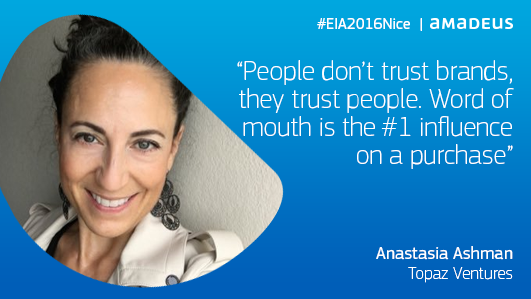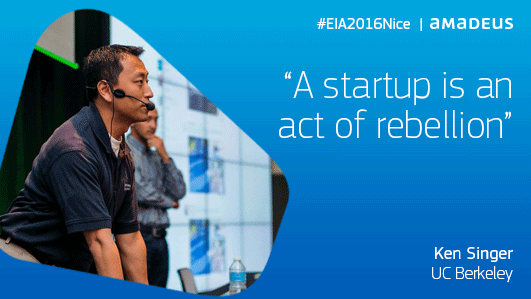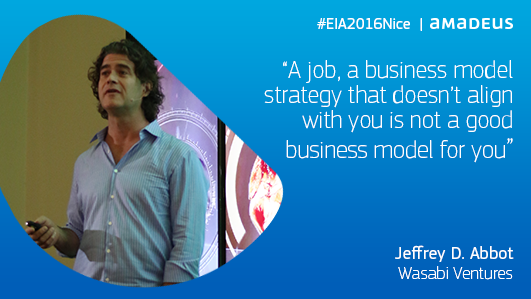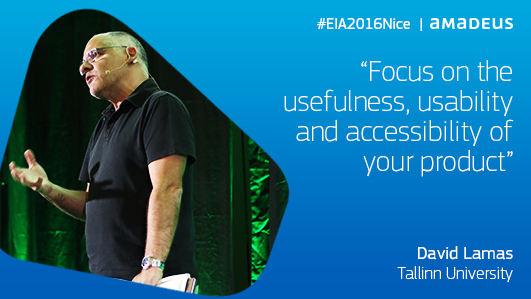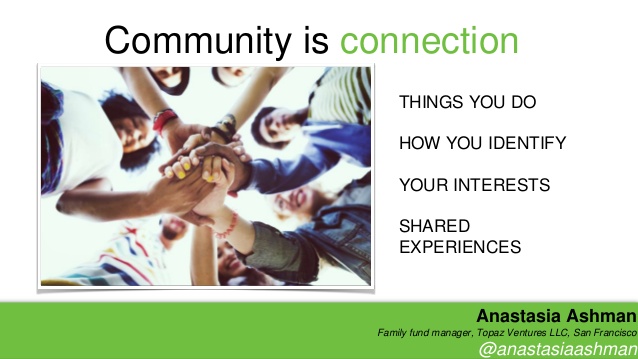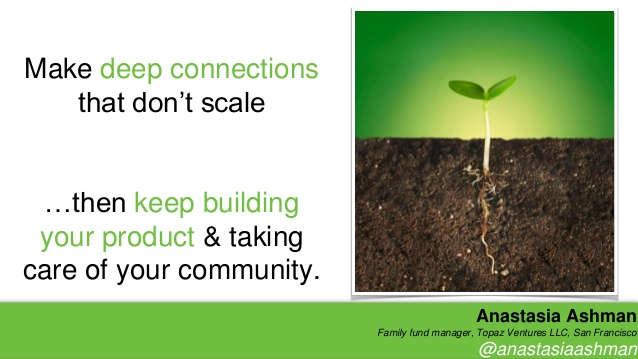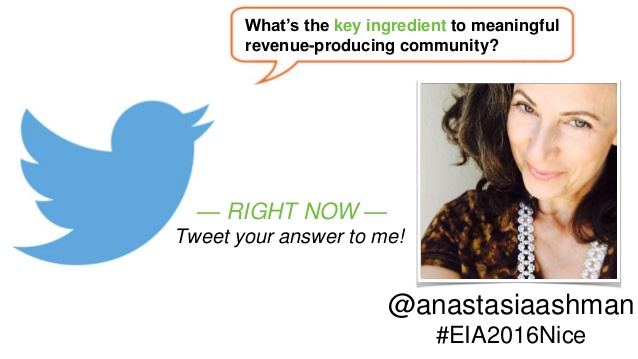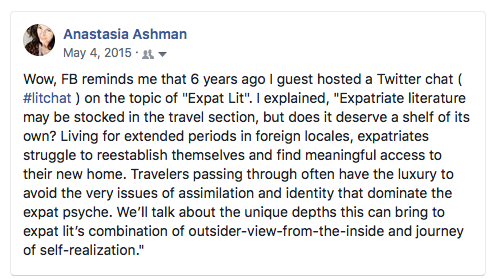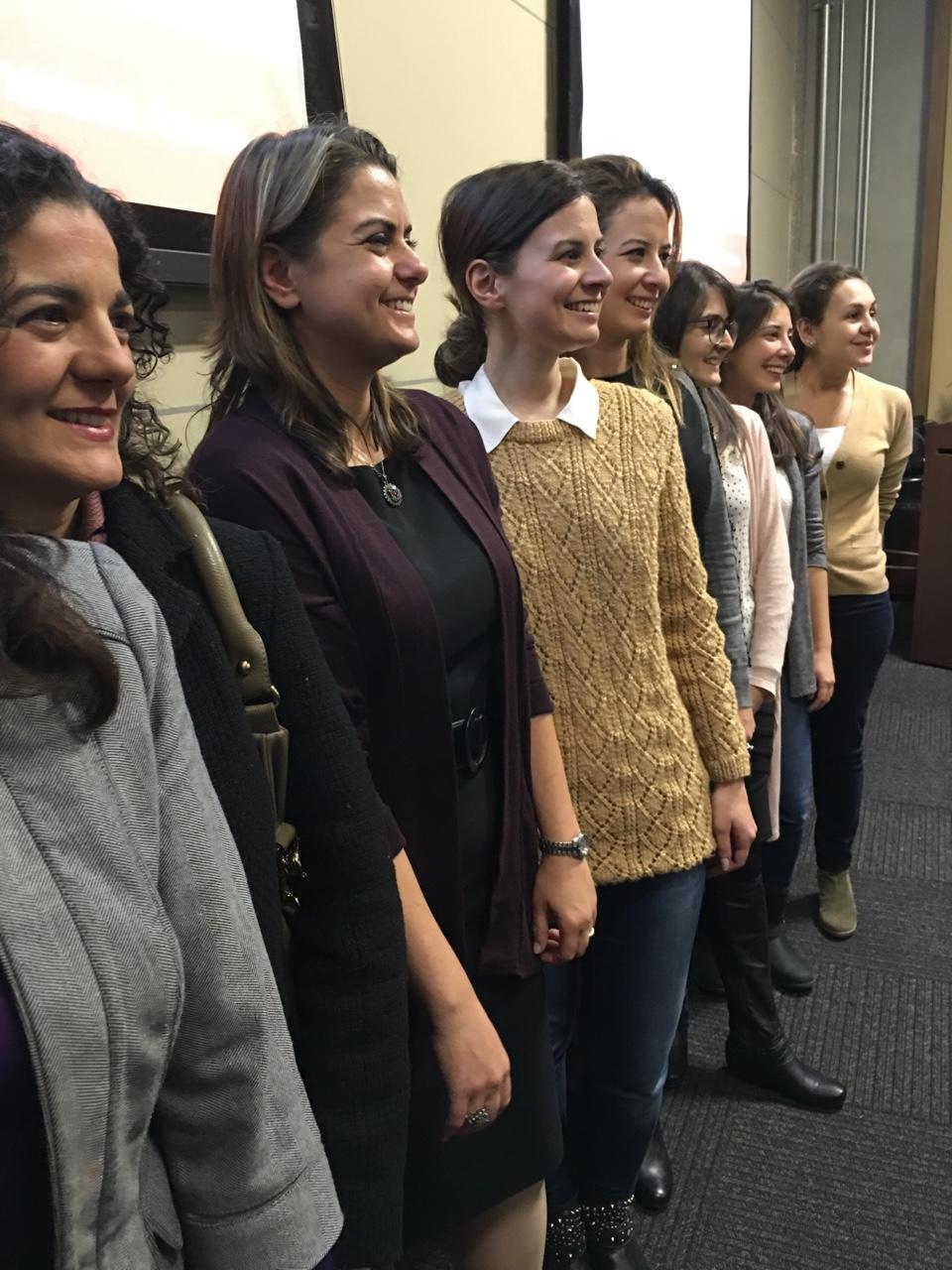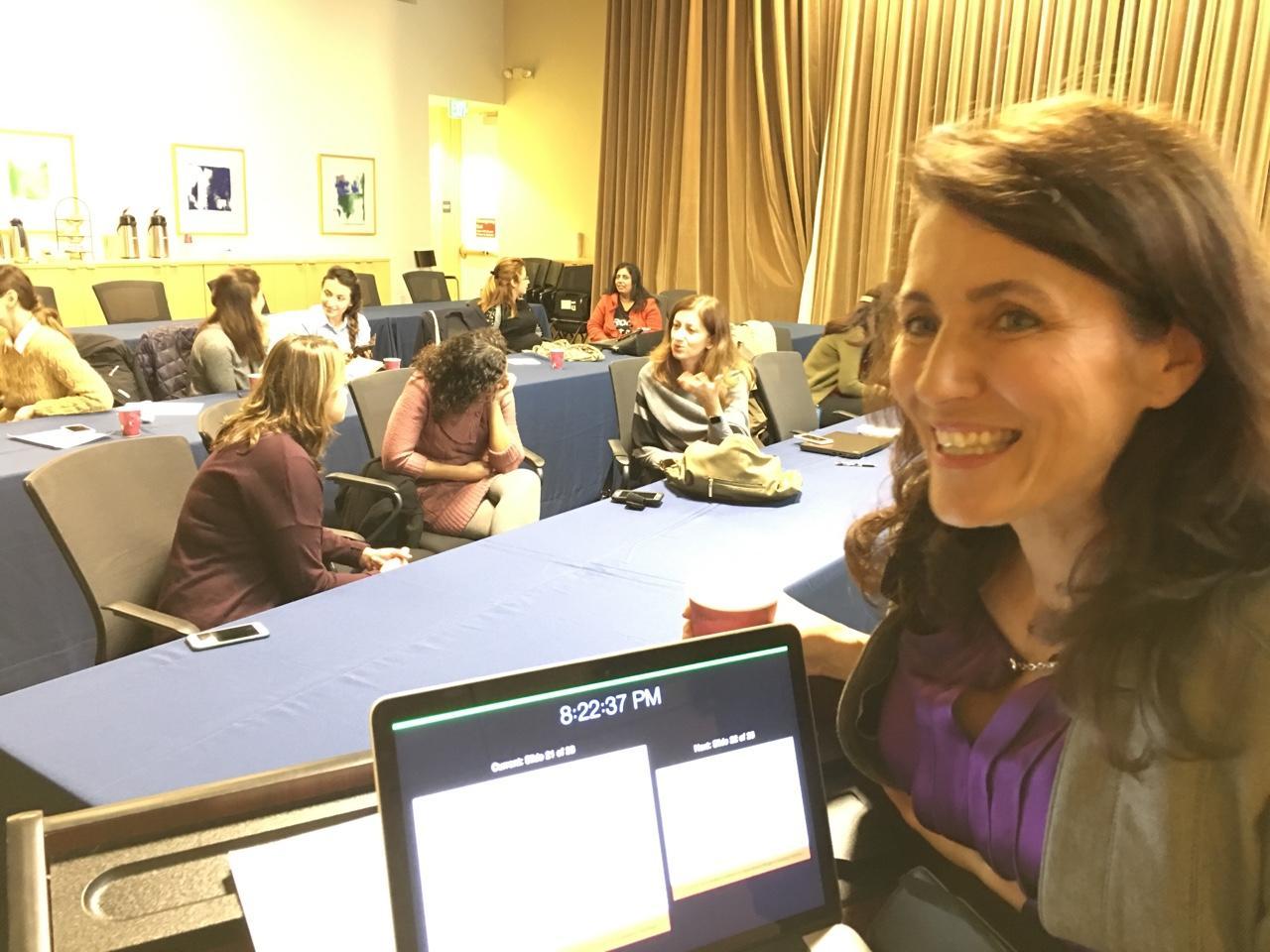Originally posted 12/9/2013, still want this to happen!
Thinking about who I’d want to hear from on the topic of global women entrepreneurship, started a list of women whose thinking, feats and contributions in those three colliding spheres happen to bowl me over, and have, for YEARS.
And when I write ‘global’ I don’t mean ‘outside of the US’. I mean global thinker. Global acknowledger. A woman owning her spot that’s bigger than a particular place. Someone who considers deeply on a regular basis what it takes to operate in the world, and in the world today. This incorporates media, and politics, the economy, culture and society, business and tech.
To me, ‘global’ means people connecting dots that have never been connected before. These global women entrepreneurs are necessarily feminist, they are people pioneering their lives and work in ways we can all learn from.
I’d love to see them all speak together, both separately and in panel discussions.
Female wisdom nurturer, creative thinker and author Justine Musk. Haven’t met her in person yet, but will soon, and we will compare some odd overlaps in our lives, like rocket scientist pasts, and writing books influenced by The Great Gatsby featuring characters with multiple personalities. Know her mind and her heart, and her capacity to help us all be who we really want to be.
Multidisciplinary strategist, educator and jeweler Shefaly Yogendra, whose principled verve and deep perspective I’ve been enjoying on Twitter and Quora for many years. We’ve only managed to spend a morning together in London but I know there are many more adventures and discussions yet to have.
My fellow global nomad, Istanbul writing group colleague and author Nassim Assefi, who’s the director of stage content for TEDMED’14 as well as a global women’s health doctor and single mama extraordinaire. The woman attended at the birth of her own daughter. She wins everything in my book.
Worldwide people connector and super-techy Joyent SmartOS community manager Deirdre Straughan, a fellow international operator I met through a Twitter friend who went to boarding school with her in India. She’s forgotten more than most of us will ever know about digital publishing, and the Italian culture. She’s also the kind of woman to say, “I rock!” and be quite right.
LadyBits founder and “feminist cyborg” Arikia Millikan, who’s pioneering a new media model for writing that tech-savvy women want to read, and she’s doing it during a year’s trip around the world.
Future thinker Nilofer Merchant, author of the totally prescient Social Era Rules and role model for me in making good use of her resources, and telling us what she wants and what she cares about and what she sees, even (and especially?) when it costs her to do so. Nilofer suggests Al Jazeera politics and economy columnist Sarah Kendzior, whose writing on Central Asia has also captivated me.
More names started coming.
Another Bryn Mawr woman, an immigration and startup specialist who I met through the expatriate network and then in person on the Expat Harem book tour in Washington D.C., Kirin Kalia.
There’s global entrepreneurship author of “Steve Jobs Lives In Pakistan” Elmira Bayrasli, who I met through the Expat Harem blog’s discussions about our mirror-image lives as she is a New Yorker of Turkish descent. Elmira’s launching FPInterrupted, a startup to raise the voices of women in foreign policy.
More insistent names are coming to me.
Like new media-old media-McKinsey social media dynamo Aparna Mukherjee, who I’ve had the pleasure of being wowed by in Manila, Hong Kong, Kuala Lumpur, New York, San Francisco and Istanbul since we met at an Asia-Pacific college reunion in the 1990s.
Like Michele Wucker, author and president of World Policy Institute.
I think we SHOULD make it happen, Fifi Haroon, mediamaker and political activist. (Fifi was my mate at college and we’ve been working our way back to each other for 30 years!)
